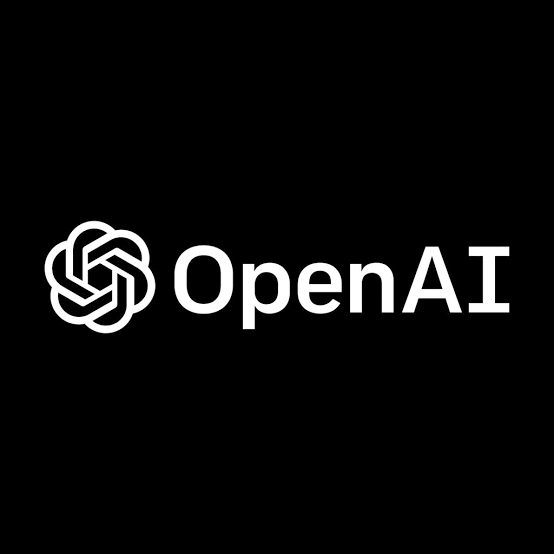According to reports, OpenAI has inked a transaction that will raise the San Francisco-based artificial intelligence (AI) company’s valuation to at least $80 billion, virtually tripling it in less than a decade. The company intends to sell its existing shares in a tender offer headed by Thrive Capital, according to a New York Times story. This strategy is different from a typical funding round in that it permits employees to sell their shares in order to raise money for business operations. Similar arrangements were made last year, according to the article, by venture capital firms Thrive Capital, Sequoia Capital, Andreessen Horowitz, and K2 Global, who agreed to buy OpenAI shares in a tender offer, valuing the company at about $29 billion.
Sam Altman, the CEO of OpenAI, has allegedly also been promoting alliances between the company and “various investors,” including energy companies and chip manufacturers, in an effort to attract money for a semiconductor venture. In an effort to increase global chip production capacity and support the development of new AI-related technologies, the CEO announced that OpenAI would consent to become a “significant customer” of the new factories.
It was reported in December 2023 that OpenAI was in talks with investors about putting over $100 billion into the business.
For OpenAI, this purchase is critical because it offers much-needed support following a turbulent time. Sam Altman was fired by the board in November, which led to turmoil and cast doubt on the company’s survival. When coworkers threatened to quit in protest, Altman was reinstated and some board members left. OpenAI hired the legal firm WilmerHale to look into the board’s choices and Mr. Altman’s leadership in order to rectify the problems from the previous year. WilmerHale is expected to provide a study on the subject early this year.
The introduction of OpenAI’s ChatGPT in late 2022 has generated significant interest in artificial intelligence and prompted businesses to investigate methods of using this technology. On Thursday, February 15, the AI company debuted its very first text-to-video model.
The new generative AI model called Sora builds complex videos from straightforward text prompts, extends already-existing videos, and even makes scenarios from still images, while the company acknowledges the model is still in its early stages of development.


